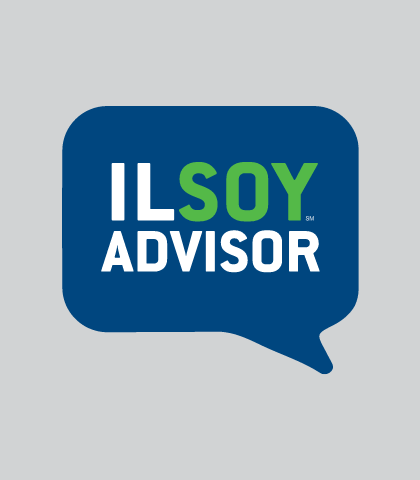As Dr. Below from the University of Illinois has proven to us time and time again, weather has a significant impact on the quality of a crop, its development and its final yield performance. Over the years we can pick out specific periods where weather had a major effect on crop growth, such as 2012 and 2019.
Weather can directly impact planting decisions and needs to be evaluated for potential replant risk. Over the last five years, several companies have introduced tools to provide predictions of weather and potential risk. As an Illinois CCA, I take this information and evaluate what are the best management decisions that need to be implemented to offset the risk.
Below are charts that were built for Peoria and Mt. Vernon showing temperatures trends, including: low-high-averages, GDU trends and precipitation tends from March to the end of May. This projected information can help growers make decisions for planting dates, seeding rates, herbicide application, etc. At the end of the day, be willing to find this type of information and make good agronomic decisions around it to minimize production risk.
Weather can impact:
- Mineralization, immobilization, volatility, leaching
- Microbial activity
- Activity of soil borne disease
- Germination of weeds
- Soybean nodulation establishment
- Seed-to-soil contact
- Crusting
- Lack of root-available oxygen
- Planting dates/stand establishment/replant
- Overall vegetative growth
- Effectiveness of residual herbicides
- Insect emergence and survival
2020 Weather Projection from Weather Trends 360
Mt.Vernon, IL



2020 Weather Projection from Weather Trends 360
Peoria, IL













 and then
and then